Effects of Compounded Semaglutide on Fertility and Reproductive Health

Effects of Compounded Semaglutide on Fertility and Reproductive Health Semaglutide, a drug used for the treatment of type 2 diabetes and also known to help in weight loss, recently created controversy around its fertility consequences. Such a drug has become very popular with names like Ozempic and Wegovy. Still, questions have emerged regarding how it […]
What Are Normal Testosterone Levels in Men? How Testosterone Therapy can help?
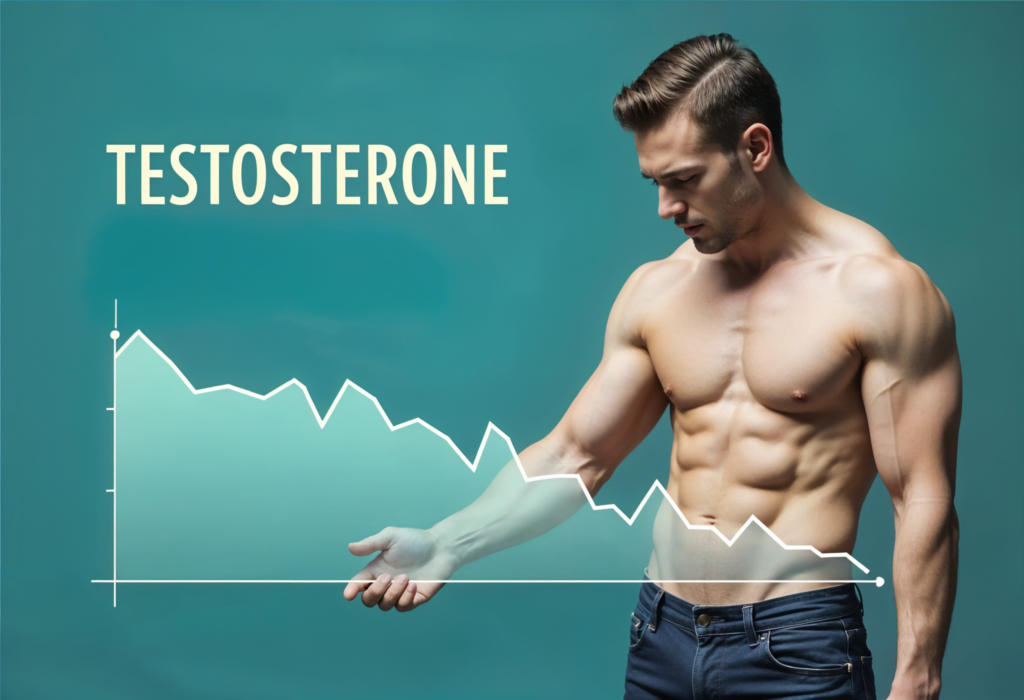
What Are Normal Testosterone Levels in Men? How Testosterone Therapy can help? Testosterone is often associated with markers of strength, vitality, and masculinity, but much more than that, testosterone plays a critical role in several physiological processes, from sperm production to muscle mass development, energy levels, focus on the mind, and general well-being. Despite its […]
Relationship between Sleep Apnea and ED

Relationship between Sleep Apnea and ED Sleep apnea is one of the common sleep disorders, where there is a condition of interrupted breathing during sleep. The research on its effects has shown the increasing trend of association of sleep apnea with ED (erectile dysfunction). The connection may impact the quality of life, relationships, and general […]
Is Erectile Dysfunction an Inevitable Consequence of Aging? Can Erectile Dysfunction Pills Near Me Help?

Is Erectile Dysfunction an Inevitable Consequence of Aging? Can Erectile Dysfunction Pills Near Me Help? Erectile dysfunction (ED) is a condition affecting millions of men worldwide. Most of these cases occur among aging men. However, ED is not necessarily an inevitable outcome of growing old. Instead, it is an accumulation of physiological, psychological, and lifestyle […]
Is Generic Viagra the same as Viagra Brand?
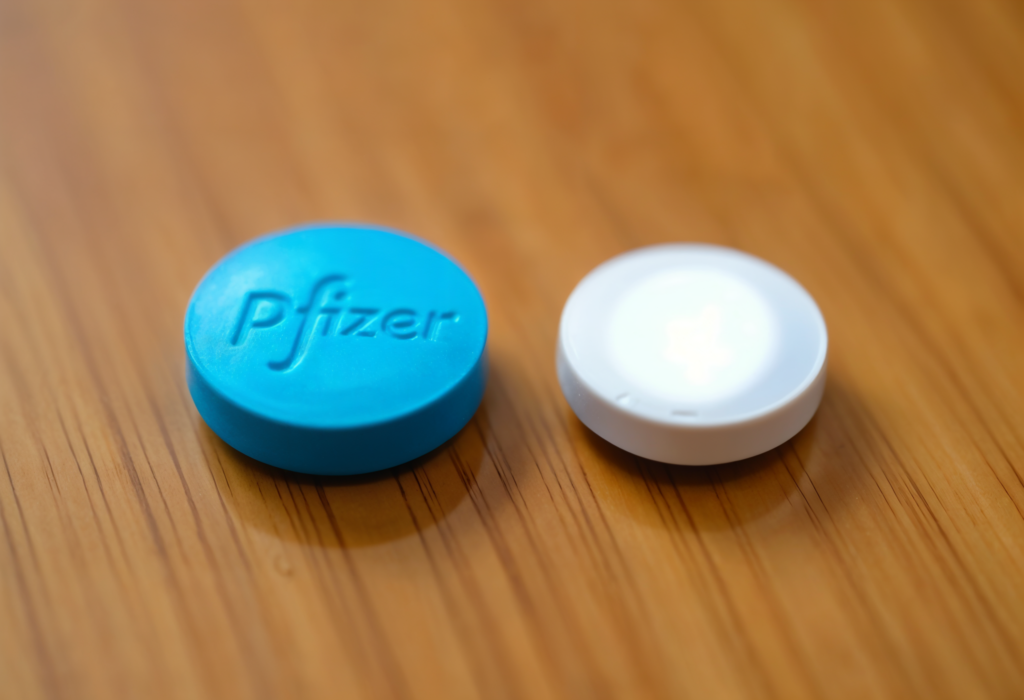
Is Generic Viagra the same as Viagra Brand? Erectile dysfunction is one of the widespread conditions found among men across the United States, estimating approximately 30 million victims who experience some degree of emotional loss or impaired intimacy during intercourse. The invention of this medication called Viagra in late ’90s has provided men a solution […]
Is Sildenafil 20 mg the Same as Viagra?
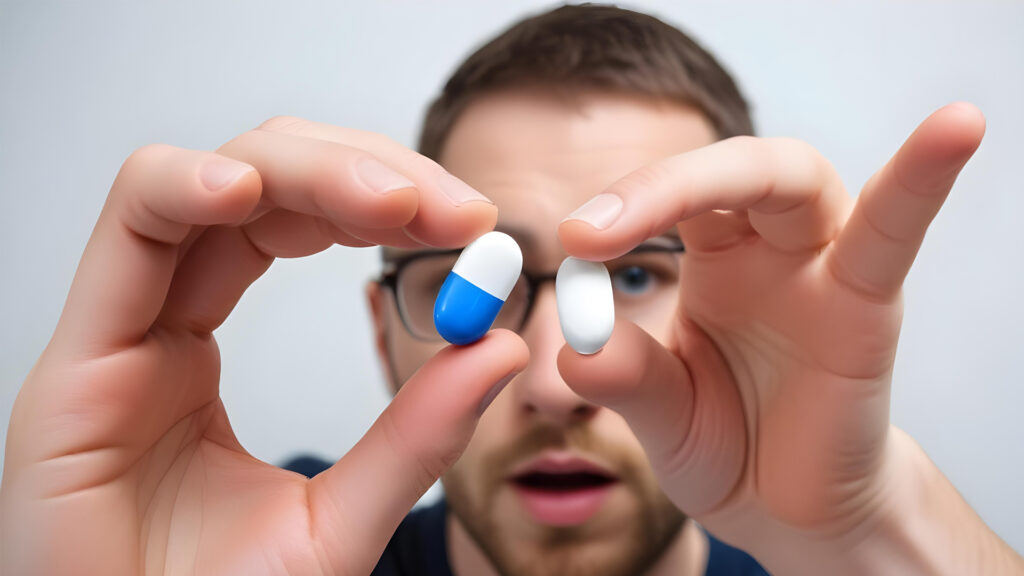
Is Sildenafil 20 mg the Same as Viagra? Sildenafil citrate, commonly known as an active ingredient in Viagra, has become a popular treatment for erectile dysfunction (ED). Most people know that Viagra exists in various dosages-including 25 mg, 50 mg, and 100 mg-but do not know whether sildenafil 20 mg is the same as Viagra […]
Can Iron Deficiency Cause Erectile Dysfunction?
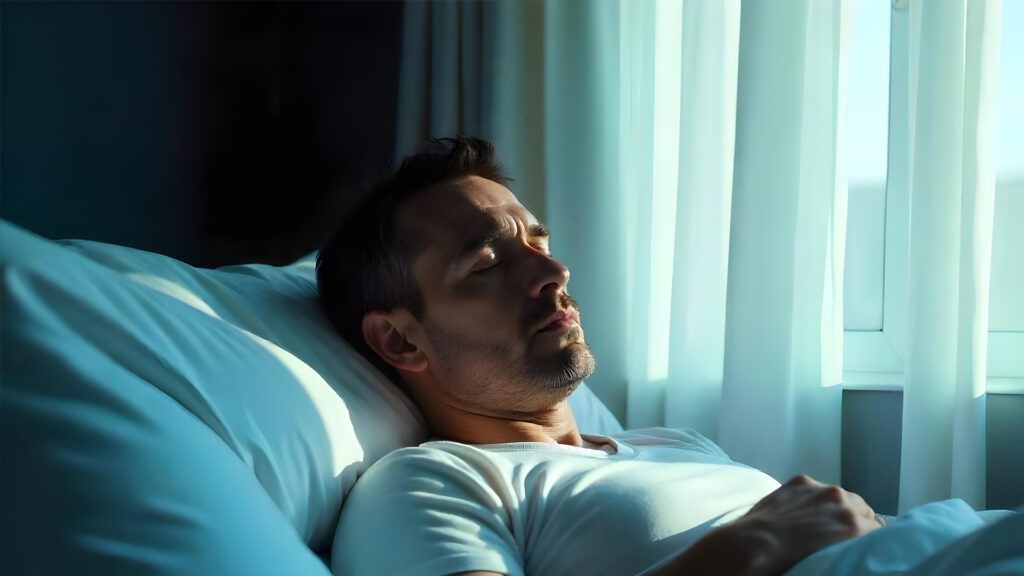
Can Iron Deficiency Cause Erectile Dysfunction? Iron deficiency is one of the most common nutritional disorders and can bring about many unhealthy effects in an individual. One point that brings about questions is whether iron deficiency could be included in the causes of erectile dysfunction. Even though no real evidence proves that iron deficiency results […]
Testosterone Therapy Clinic Near Me For LT Solution
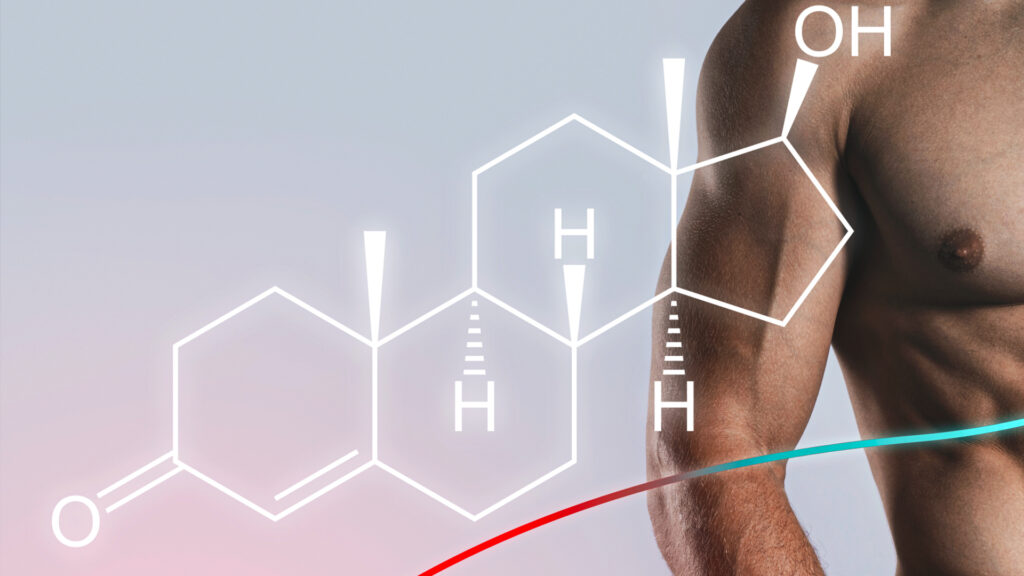
Testosterone is an essential hormone that occurs in many functions in the body and encompasses muscle mass, emotional balance, energy, and sex for individuals. Although it is most commonly linked with men, testosterone is important for both. If testosterone levels are low, it can dramatically disturb quality of life, causing a range of physical and […]
Does Tadalafil Increase Testosterone?
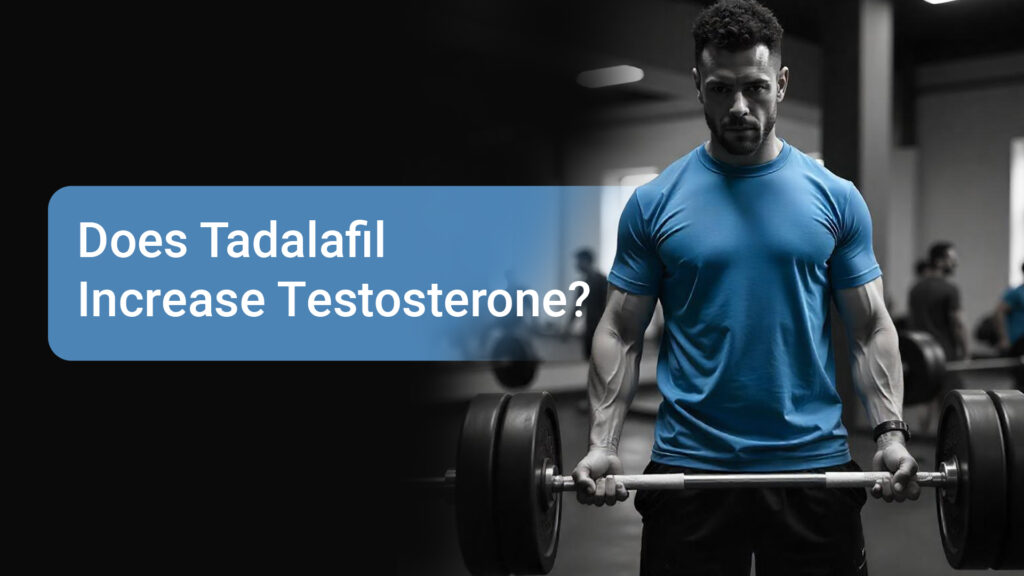
For years, medical professionals and men suffering from these problems have been bothered by one question: how testosterone is associated with ED. Because testosterone is one of the most important hormones related to male sexual health, the association of testosterone levels usually connects with sexual performance difficulties, like ED. Does that mean that low doses […]
Do Steroids Cause Erectile Dysfunction?
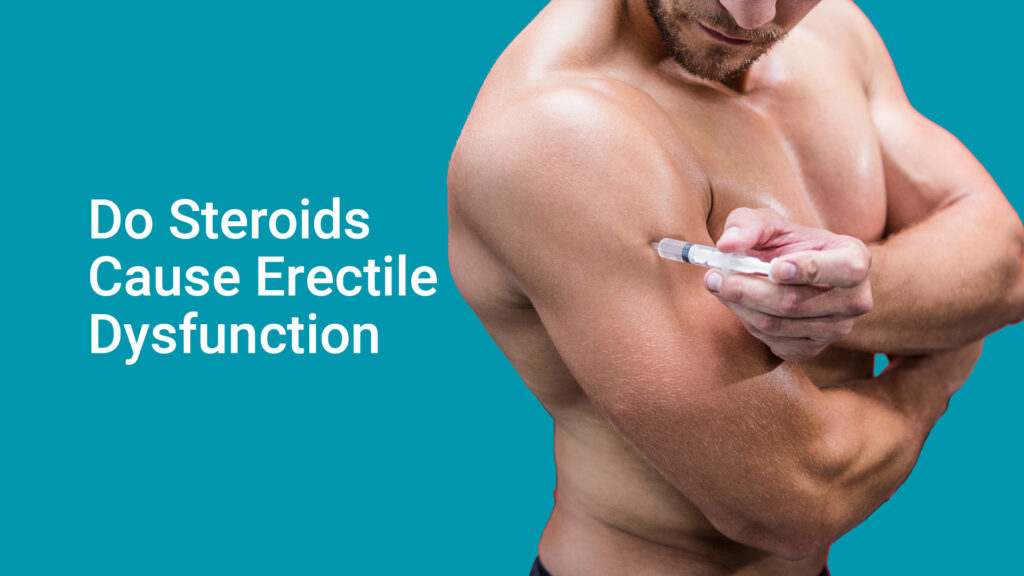
Steroid intake is increasingly becoming popular with athletes, bodybuilders, and fitness enthusiasts desirous of building muscularly, enhancing endurance power as well as physical aesthetics. Even though anabolic steroids would benefit from these points of view, they hold severe health risks, such as do steroids cause erectile dysfunction. The connection between steroids and ED is well […]
